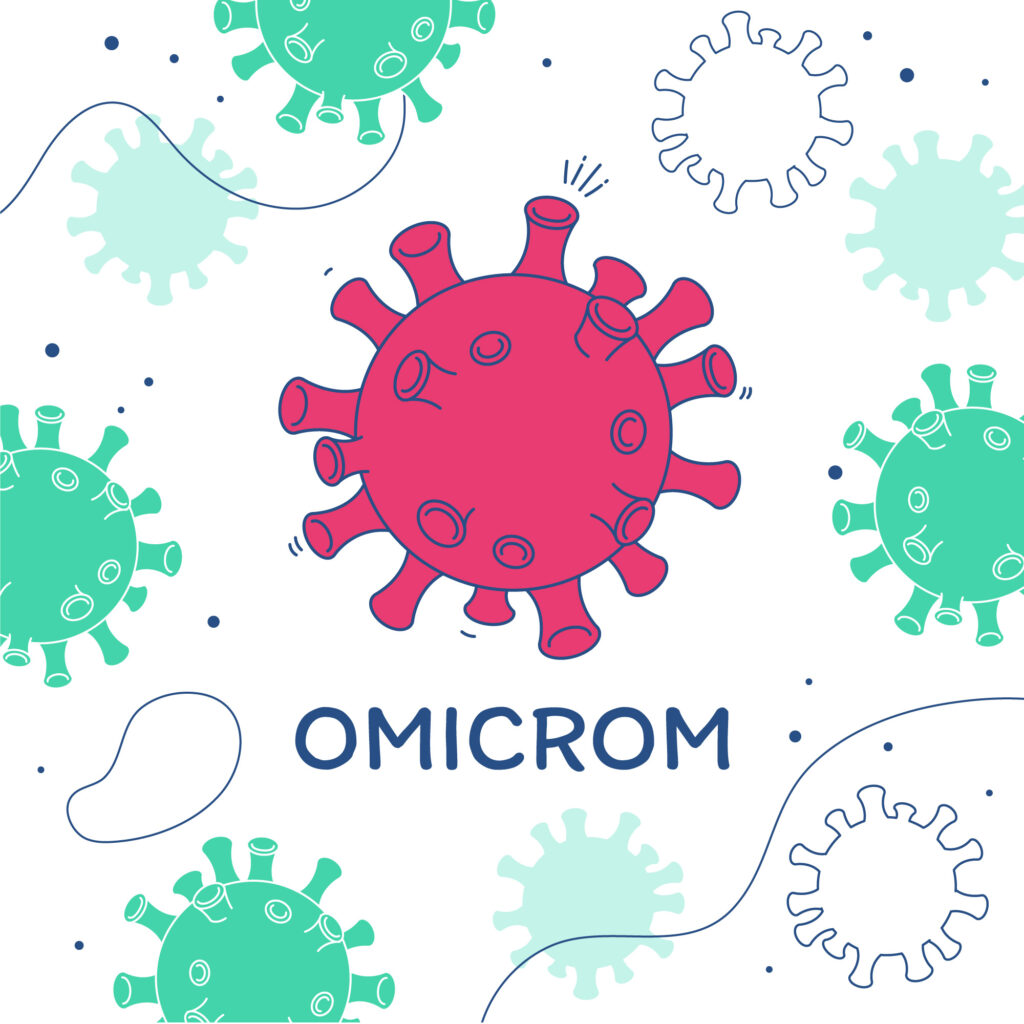The Omicron variant of the COVID-19 virus has recently emerged as a cause for concern worldwide. With its rapid spread and potential to evade immune responses, understanding this variant is crucial in managing the ongoing pandemic. In this blog post, we will provide a brief overview of the Omicron variant, its characteristics, and its implications.
What is the Omicron Variant?
Omicron is a variant of the SARS-CoV-2 virus, which causes COVID-19. It was first identified in November 2021 in South Africa and has since been detected in several countries around the globe. The World Health Organization (WHO) designated Omicron as a Variant of Concern due to its high number of mutations.
Characteristics of Omicron
Omicron is characterized by a large number of mutations in the spike protein of the virus. This spike protein is the target of most COVID-19 vaccines and plays a crucial role in the virus’s ability to enter human cells. The mutations in Omicron are of particular concern because they may affect the effectiveness of current vaccines and therapeutics.
One of the key mutations in Omicron is the spike protein mutation known as N501Y. This mutation has been found in other variants, such as Alpha and Delta, and is associated with increased transmissibility. Omicron also has mutations in other regions of the spike protein, which may contribute to its ability to evade immune responses.
Implications of Omicron
The Omicron variant has raised concerns among public health officials and scientists due to its potential to spread rapidly and bypass immunity. Preliminary studies suggest that Omicron may have an increased transmissibility compared to previous variants, such as Delta. This could lead to a surge in cases and put additional strain on healthcare systems.
Furthermore, there is growing evidence that Omicron may have the ability to evade immune responses, including those induced by vaccination or previous infection. This raises concerns about the effectiveness of current vaccines and the need for booster shots or updates to existing vaccines.
Preventive Measures
In light of the emergence of the Omicron variant, it is essential to continue following preventive measures to reduce the risk of infection. These measures include:
- Getting vaccinated: Vaccines still play a crucial role in preventing severe illness and hospitalization, even if their efficacy against Omicron is reduced.
- Practicing good hand hygiene: Washing hands frequently with soap and water or using hand sanitizers can help prevent the spread of the virus.
- Wearing masks: Wearing masks in indoor settings and crowded outdoor areas can provide an additional layer of protection.
- Maintaining social distancing: Keeping a safe distance from others can help reduce the risk of transmission.
- Following local guidelines: Staying informed about local guidelines and restrictions is important in preventing the spread of the virus.
As the situation evolves, it is crucial to stay updated with the latest information from reputable sources, such as the WHO and local health authorities.
In Conclusion
The Omicron variant of the COVID-19 virus presents new challenges in the ongoing battle against the pandemic. Its high number of mutations and potential to evade immune responses make it a cause for concern. However, by continuing to follow preventive measures and staying informed, we can mitigate the impact of this variant and protect ourselves and our communities.



